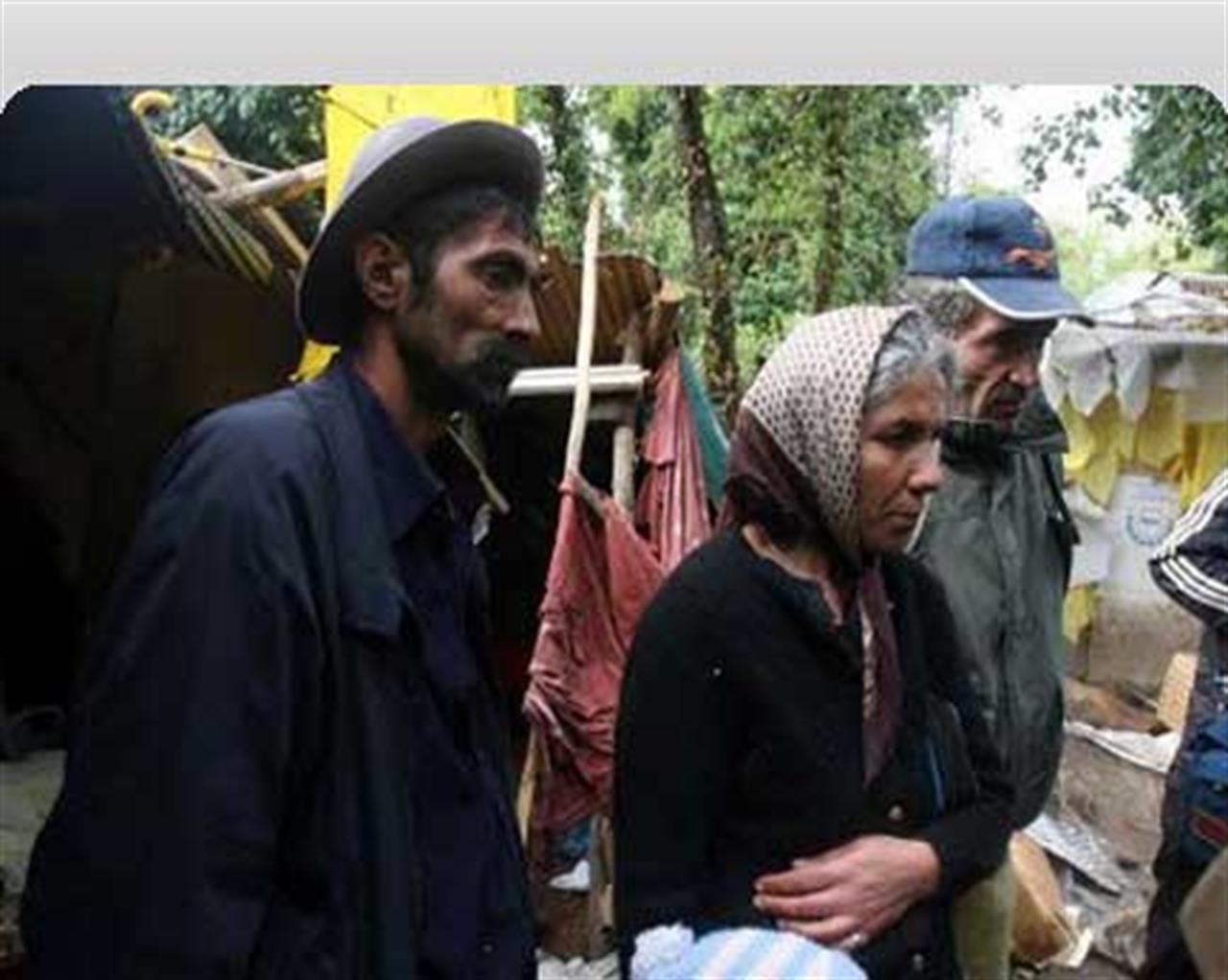Mondo
Amnesty says Roma excluded and hated by European countries
Amnesty denounces exclusion and discrimination towards Roma in many countries of Europe. Maddalena Plebani reports.
di Staff

On 28th May Amnesty International, the worldwide movement that works to protect human rights all over the world, presented its new Report on the global state of human rights.
The most striking fact that comes out from this Report concerns the systematic discrimination of the Roma population, as already denounces by David Mark of Open Society Institute Roma Initiatives and European Roma Policy Coalition (ERPC; see interview of 14th May 2009).
“This kind of anti-gypsy climate is similar to the one we were seeing in Europe before the beginning of the second world war. History is there to remind us of what the concrete dangers are”, he warned.
His bleak view is confirmed by the Amnesty International‘s International Report 2009: “Roma […] remained largely excluded from public life in all countries. Roma families were unable to enjoy full access to housing, education, employment and health services. Many lived in what amounted to segregated ghettos, physically isolated from other parts of the community, and often with limited or no water or electrical supplies, sanitation systems, paved roads or other basic infrastructure”.
In Italy, Roma were even unlawfully evicted, and thus driven deeper into a worst situation.
Some Roma remained displaced in camps in northern Kosovo, where their health was in serious danger.
In some other countries, Romani children were not fully integrated into the education system: some authorities tolerate or even promote Roma-only schools, or place Roma in special schools or classes for pupils with mental disabilities where a reduced curriculum was taught.
Save the Children reported that in Bosnia and Herzegovina, the percentage of Roma pupils attending primary schools ranges between 20 and 30 %, and only 0.5 to 3 % benefited from pre-school education.
Yet, other causes prevent Romani children from attending school too and can trigger a further denial of rights: physical and cultural isolation, poverty, lack of transport, poor housing conditions, negative stereotyping.
“The Albanian authorities again failed to implement legislation providing priority access to housing for orphans completing secondary education or reaching adulthood. Around 300 adults who were orphaned as children continued to share rooms in dilapidated and inadequate housing – conditions which aggravated their social exclusion. With few qualifications, they were often unemployed or undertook casual labour for low wages, surviving on minimal state assistance”, reported Amnesty International.
In the Czech Republic, Roma are discriminated in accessing education, housing, health, employment, and they are under risk of attack by far-right groups.
Also in Hungary violent incidents took place last year (also by mean of weapons such as petrol bombs or hand grenades), and the Roma continued to be hindered in their access to education, health services, housing and employment.
In July 2008, the NGO Decade Watch, reporting on Hungary’s progress in the Decade of Roma Inclusion, stated that “measures to eliminate segregated education of Roma have been met with resistance by some local authorities, and funding available for such measures has been underused or misused due to the lack of interest in promoting the integrated education of Roma by educational institutions at a local level.”
Yet, segregated Roma-only schools are still present in 170 localities.
The European Union, recognizing the ongoing discrimination faced by minorities and migrants in the region, proposed in July to upgrade its anti-discrimination law.
David Mark also stressed his concrete involvement: “We at the Open Society Institute are campaigning for a renewed commitment and respect from major European parties to the Charter of European Parties for a Non Racist Society, which was originally signed in 1998 by most of the parties in Eastern Europe. Right now we are receiving limited response though”.
He suggested a government’s pragmatic approach that does not use Roma issues to gain popularity in electoral campaigns, but that does efforts in order to integrate the Roma population through concrete solutions. Like in Spain. Because Roma will not disappear, and they actually represent a wandering social exclusion issue that needs to be resolved.
Source:
Nessuno ti regala niente, noi sì
Hai letto questo articolo liberamente, senza essere bloccato dopo le prime righe. Ti è piaciuto? L’hai trovato interessante e utile? Gli articoli online di VITA sono in larga parte accessibili gratuitamente. Ci teniamo sia così per sempre, perché l’informazione è un diritto di tutti. E possiamo farlo grazie al supporto di chi si abbona.
